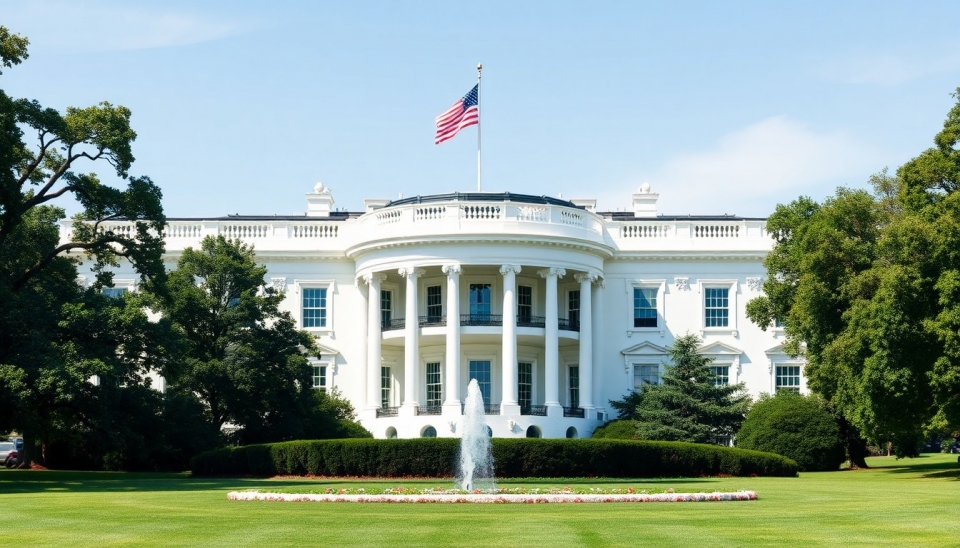
In a recent report released by the Government Accountability Office (GAO), it has been revealed that former President Donald Trump’s ambitious efforts to streamline and expedite the Pentagon's procurement process during his 2020 campaign did not achieve the intended results. The initiative aimed at reforming the defense procurement system to enhance efficiency and responsiveness to emerging threats has been met with significant challenges, ultimately failing to take root within the Pentagon’s operational framework.
The report, which evaluated various aspects of the Pentagon's acquisition strategies, highlighted the complexities and bureaucratic hurdles that have hindered the successful implementation of expedited buying practices. It noted that efforts to modernize and simplify the acquisition process faced resistance from within the military's established purchasing protocols, which were deeply entrenched and resistant to change.
During his presidency, Trump frequently emphasized the need for quicker delivery of military equipment and services, advocating for reforms that would allow the Defense Department to close the gap between emerging threats and the acquisition of necessary resources. While the intent of these policies was to ensure that U.S. forces remained agile and prepared, the GAO’s findings shed light on the difficulties that arose in actualizing these goals in practice.
According to the GAO report, the Pentagon's acquisition system, which is already criticized for its complexity, did not see significant procedural modifications that would facilitate a faster buying process. The analysis indicated that despite the push for urgency, the fundamental challenges related to oversight, accountability, and the necessity for careful evaluation of procurement contracts still dominated the landscape. In essence, the military's traditional cautious approach to procurement remained a significant barrier.
The findings of the GAO come at a time when the need for rapid acquisition is even more pronounced due to evolving geopolitical dynamics and the increasing pace of technological advancement. This ongoing situation raises pertinent questions about the effectiveness of past administration's initiatives aimed at reforming military procurement practices, as well as the current administration's ability to respond to the needs of a rapidly changing defense environment.
Critics of the Pentagon’s acquisition processes have long argued that bureaucratic red tape and an outdated system prevent timely responses to urgent operational needs. The GAO report serves as a reminder of the substantial work that still lies ahead in transforming the military's purchasing systems to be more responsive and responsible in meeting the demands of modern warfare.
As the discussions around military spending and acquisition reforms continue, it is clear that future efforts will require a more strategic approach that balances the need for speed with the critical aspects of due diligence and oversight. The challenge will involve not only overcoming institutional inertia but also ensuring that any reforms implemented can withstand the test of time and adaptability to new threats.
In conclusion, the findings by the GAO provide a sobering assessment of the state of Pentagon procurement and underscore the importance of ongoing reform efforts to enhance the efficacy and agility of the U.S. military’s acquisition processes.
#Trump #Pentagon #GAO #MilitaryAcquisition #ProcurementReform #DefenseBudget #NationalSecurity
Author: Liam Carter




